By Nick Baldry
It must be said that distance is a funny old thing. What we perceive as distant can vary by such great degrees that at times it can get a little ridiculous.
For example, a couple of weeks ago humanity reached one of its farthest points from home as the New Horizons spacecraft zipped past Pluto snapping photographs of the dwarf planet like an over eager tourist. That is a distance of roughly 71 million miles covered by our species in the name of exploration. At the same time, on a hot summer’s day, when I appear to have welded myself to the sofa in front of a baseball game or bad movie, the distance between myself and the fridge can seem insurmountable. Hiking through the foothills of my sitting room and traversing the barren wasteland that is my kitchen becomes an ‘epic’ journey of about 10 feet.
When you consider a journey of 71 million miles to the outer reaches of space and in the next breath one of 10 feet to the inner reaches of a mid-range Kenmore refrigerator and can say “wow, that seems so far” to both, it is safe to say we human beings have a difficult time getting a solid perspective on what is actually distant from us.
It is easy for Niger and its people to seem distant.
- There are 7,318.82 miles separating me from my counterpart in Niamey for a start. But that is way too simple a measure. In some senses, the distance between someone like myself in the US and someone in Niger is far greater than that. Economically we are worlds apart.
- GDP per capita in the US in 2007 was $128,620.23, in Niger $39,399.87.
- In education we are worlds apart. The US has a 99% literacy rate compared to 28.7% in Niger (and only 15.1% for girls).
Frankly, I could go on explaining how a reader in the west and one in Niger live lives so far apart that there appears to be an insurmountable amount of distance, real and metaphorical, between us and them.
But I won’t.
I want to think about how close we are.
We are all parents, children, employers, employees, friends, family, teachers, students. It doesn’t matter that there are 7,318.82 miles between us. We have the same relationships and we have the same aspirations. We all want a better life for ourselves and our loved ones. These relationships and dreams are universal. No matter whether you are in a village in Niger or a suburb of Los Angeles, your daily struggle is all so that your children can live better lives than you did. Even though the struggles are remarkably different, we all have the same aim, to better our lots in life. That is something we have in common, a closeness that we share.
Donating to and volunteering with Wells Bring Hope allows us to help someone make their life better. It is a chance for you to reach over thousands of miles and pull someone closer to you by helping them with our common goal. To live a better life. The work they do achieves remarkable change in people’s lives, I implore you to help them continue to do that today.
Get involved by volunteering or starting a Water Circle today.
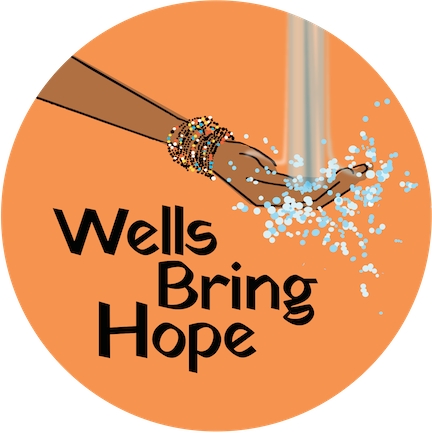

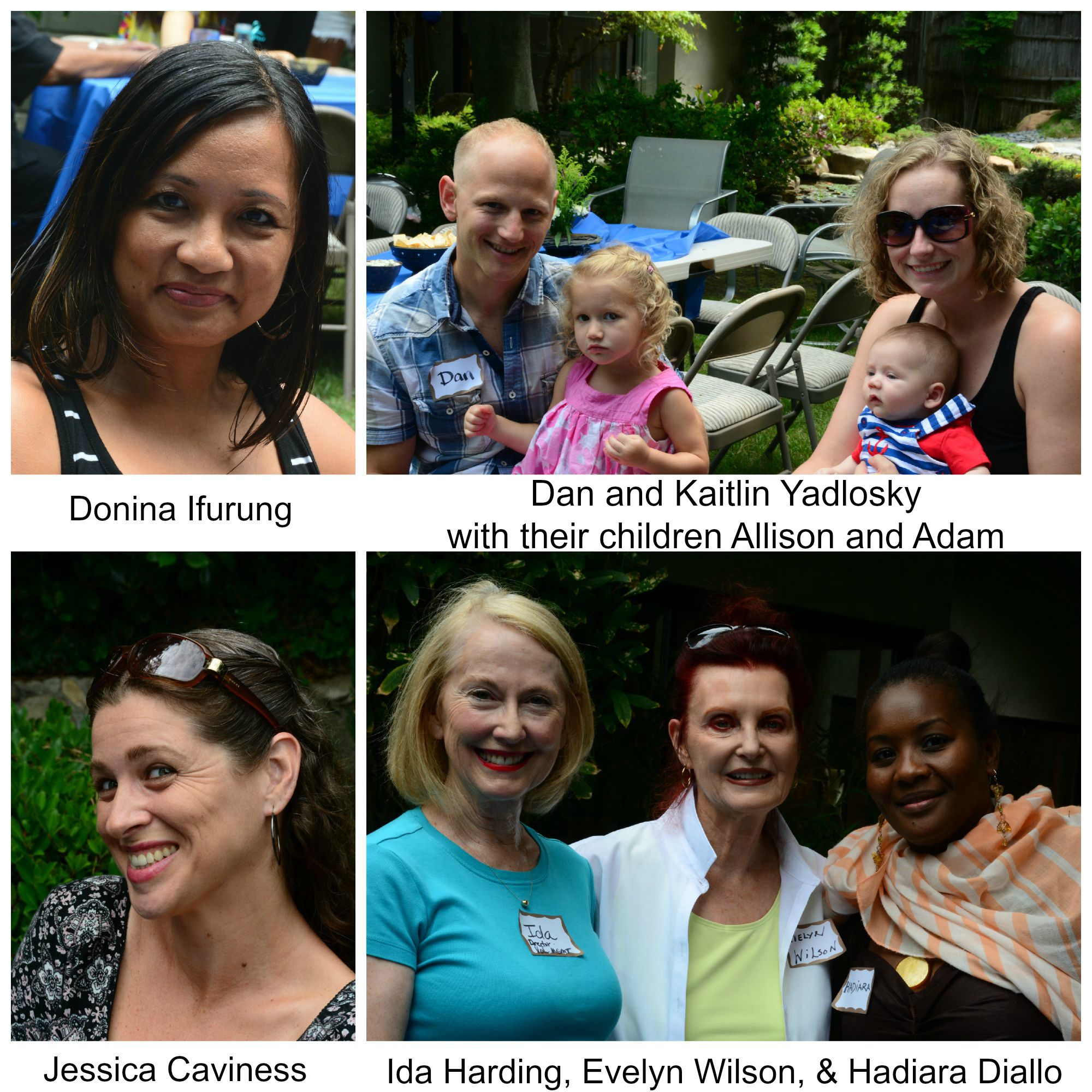
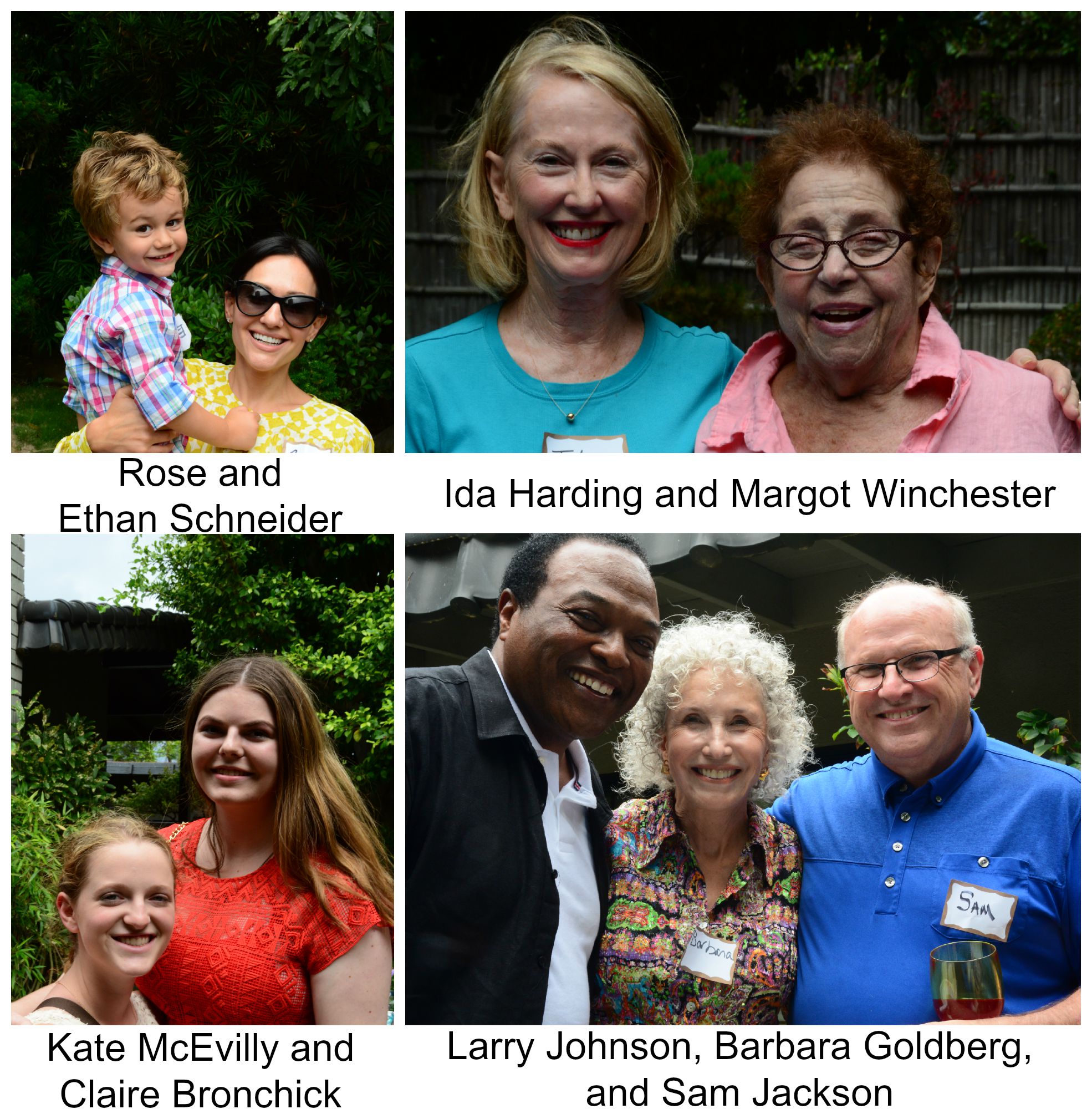
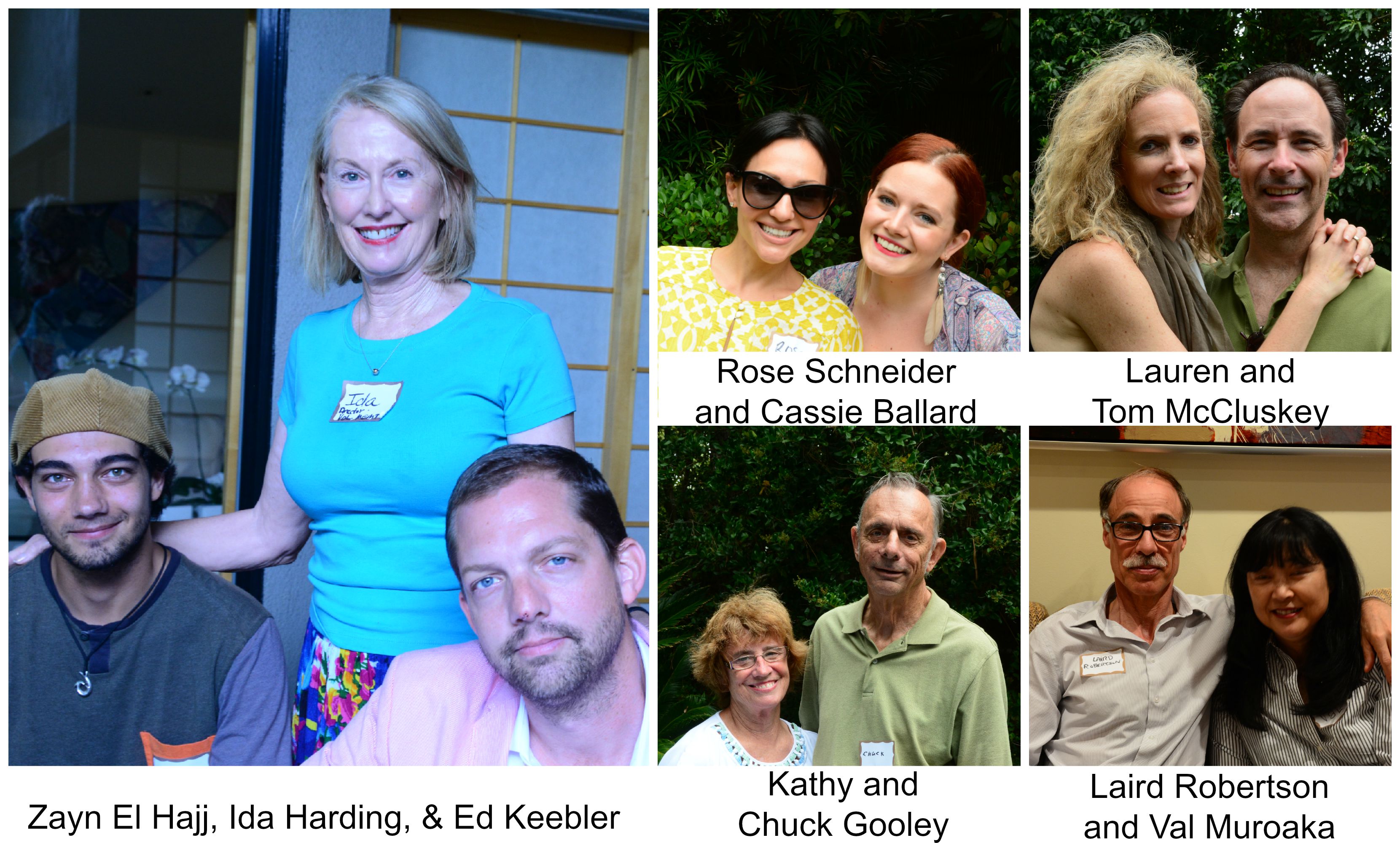
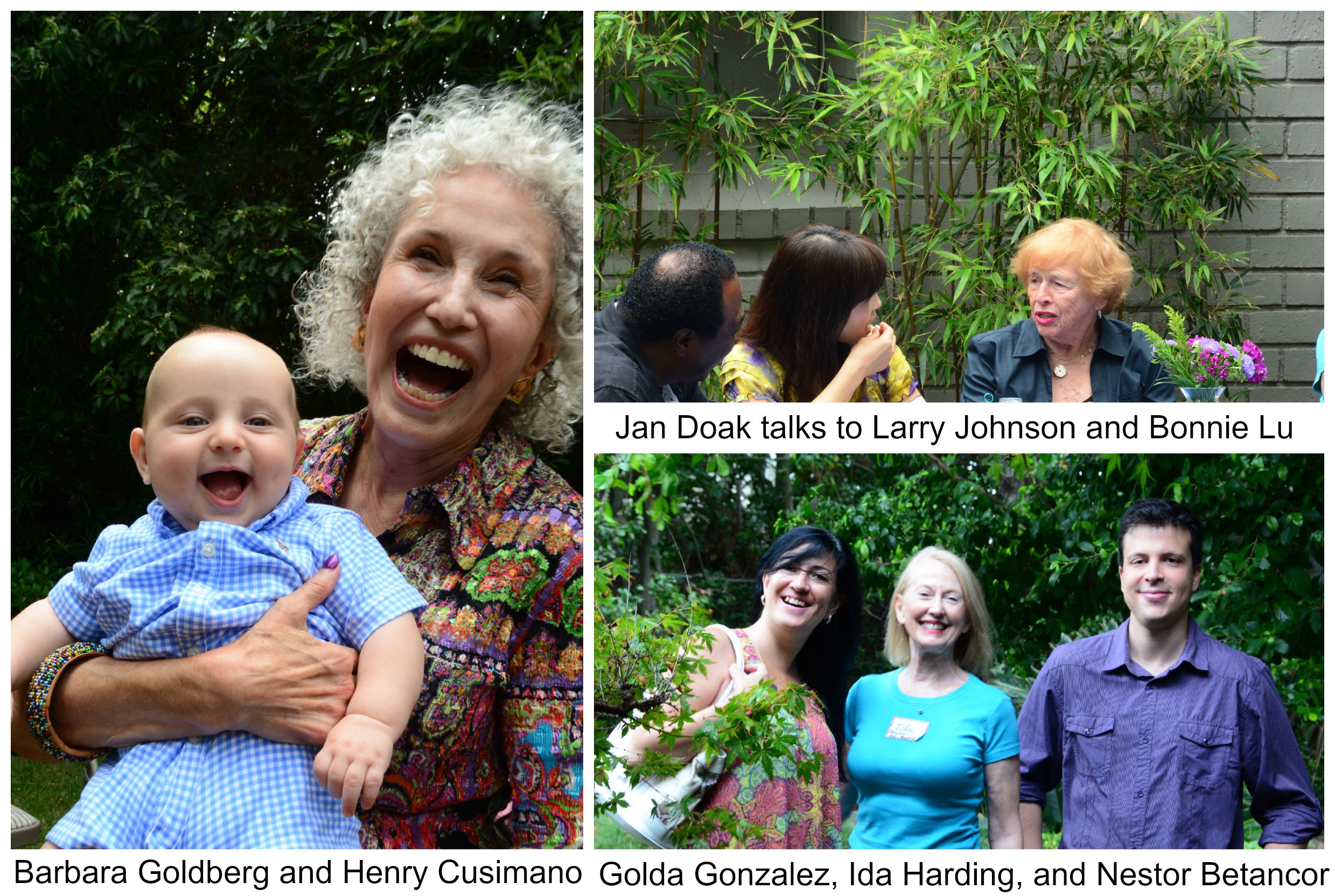
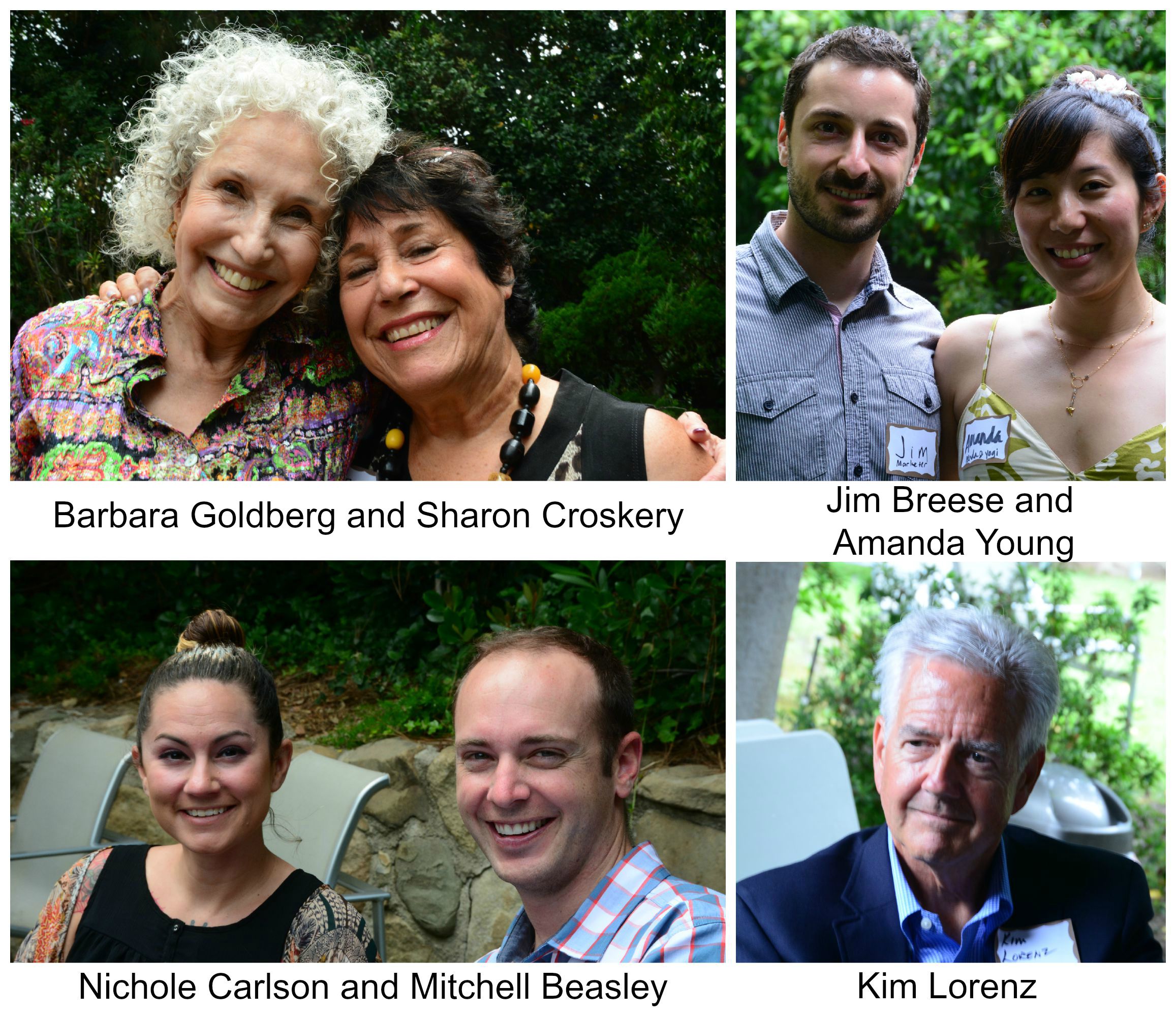







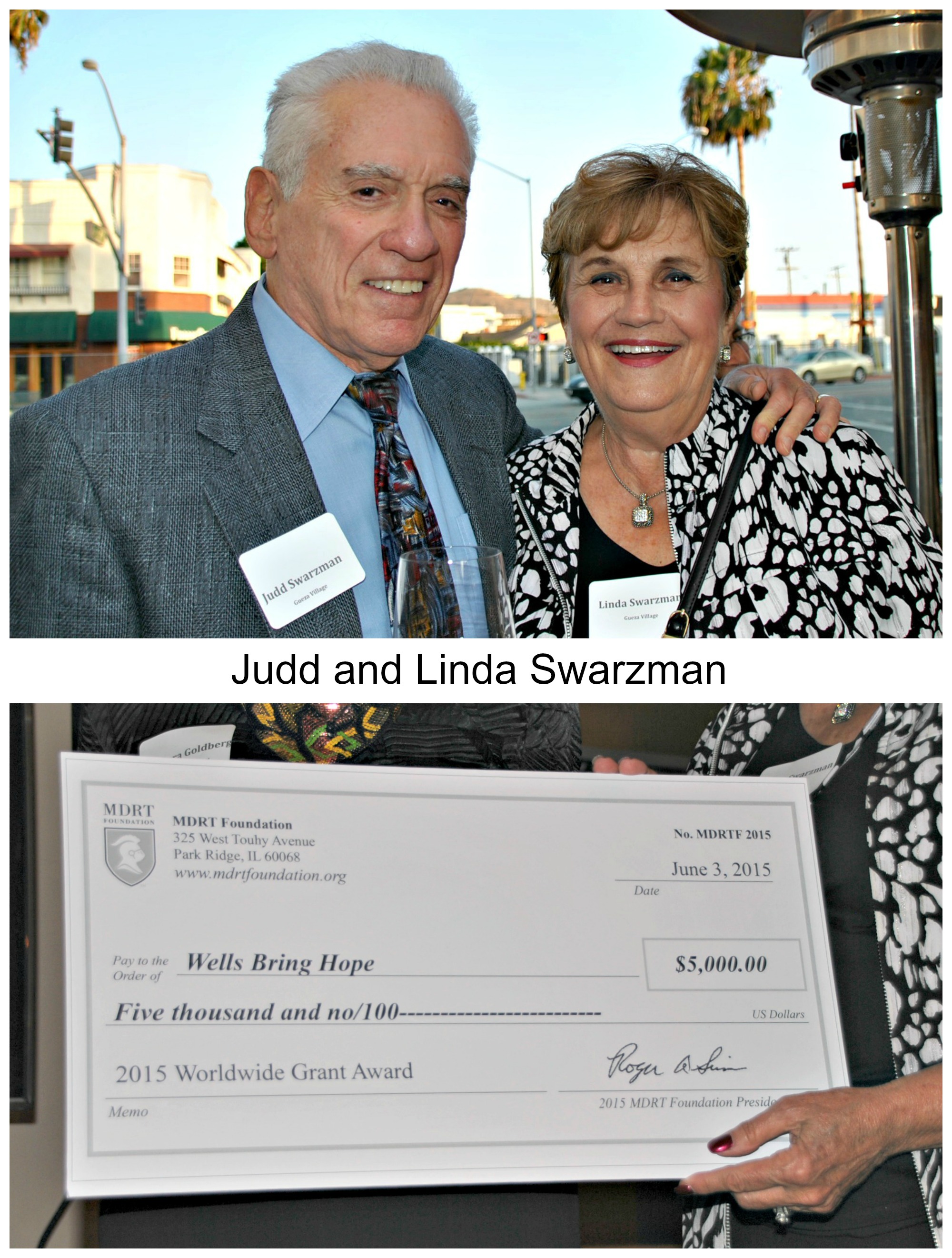

.jpg)


